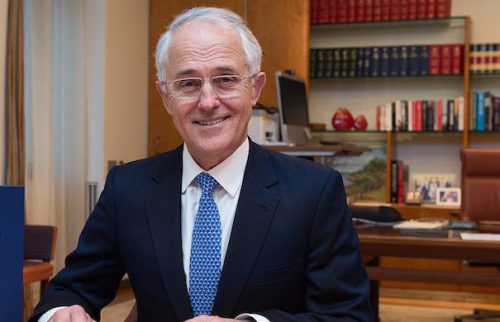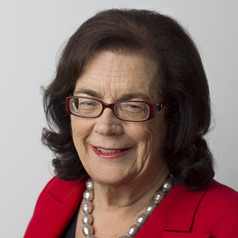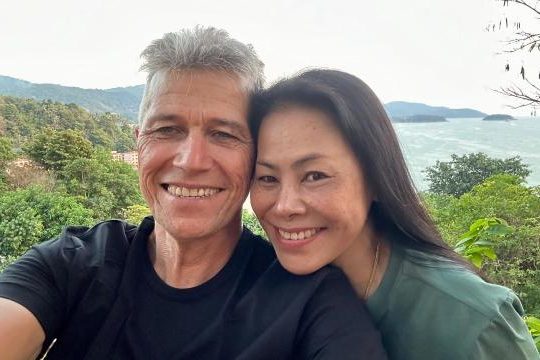
MALCOLM Turnbull this week is pushing for a further toughening of national security laws, including to allow police to hold suspects for longer without charges.

The Commonwealth is proposing action on three fronts: ensuring nationally consistent pre-charge detention laws; new Commonwealth offences for people who possess “instructional” terrorist material; and strengthening laws against terrorism hoaxes.
On pre-charge detention, in New South Wales people can be held for 14 days but other states have a maximum of seven days or less.
South Australia only allows eight hours without charge. Western Australia allows six hours, before extensions of eight hours can be sought from a magistrate. Queensland allows eight hours and then magistrate approval for every eight hours after that.
The Australian Federal Police and state counterparts want longer questioning and detention time between a person being arrested and either charged or released.
The federal government is proposing to develop Commonwealth laws that can apply nationwide.
Previously, legal and constitutional issues have been a problem but the federal government believes legal concerns can be overcome, with additional safeguards.
The proposal would:
- increase the initial investigation period from four to eight hours before a person had to be released or an extension of the detention period sought;
- increase the maximum investigative detention time for Commonwealth terrorism offences to 14 days; and
- remove some legal complexities, making the law less onerous for police as well as clearer.
The Commonwealth uses the example of the recent plot to blow up a plane in Sydney to show why pre-charge detention laws need to be consistent. Under NSW law, suspects could have been held for up to 14 days but elsewhere the maximum would have been seven.
The proposed new federal offence to criminalise the possession of instructional material of practical use for a terrorist act is designed to enable authorities to intervene “at the lower end of the risk spectrum”.
The government argues this would be a strong deterrent – and uses the comparison of the possession of child pornography, an offence even if a possessor doesn’t intend themselves to abuse a child.
Law enforcement agencies are concerned at the amount of extremist material available online which doesn’t just radicalise people but sometimes gives specific instructions about how to commit a terrorist act.
The government also wants a nationally consistent regime against hoaxes, replacing the present various state and territory offences. It says a new federal offence would keep pace with the “evolving methodology of terrorists”, including false claims about knife and vehicle attacks, as well as traditional hoaxes about explosives and the like.
It would also make for consistent jail terms across the country.
Turnbull said Thursday’s COAG meeting was about staying ahead of the terrorist threat.
The Coalition government has enacted nine tranches of national security legislation; 74 people have been charged as a result of 31 counter-terrorism operations in the last three years.
Since the threat level was raised in September 2014, there have been five attacks and 13 major counter-terrorism disruption operations.
About 110 Australians are presently fighting or engaged with terrorist groups in Syria and Iraq.
Since 2012, about 220 Australians have travelled to Syria or Iraq to fight or support the fighting. At least 65 Australians, and possibly up to 83, have been killed. More than 30 people have come back to Australia after travelling to Syria/Iraq – most before the caliphate was declared.
About 220 people in Australia are being investigated for providing support to the Syrian/Iraq conflict, including through money and other help, or are wanting to travel.
Some 220 passports have been cancelled or refused in relation to the conflict.
Michelle Grattan, Professorial Fellow, University of Canberra
This article was originally published on The Conversation. Read the original article.
Who can be trusted?
In a world of spin and confusion, there’s never been a more important time to support independent journalism in Canberra.
If you trust our work online and want to enforce the power of independent voices, I invite you to make a small contribution.
Every dollar of support is invested back into our journalism to help keep citynews.com.au strong and free.
Thank you,
Ian Meikle, editor




Leave a Reply